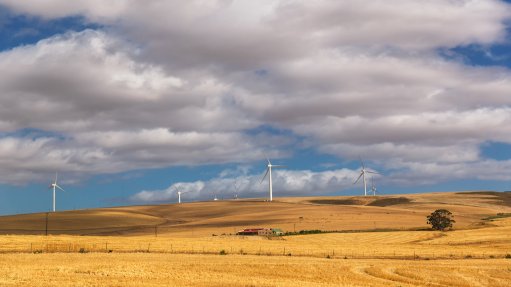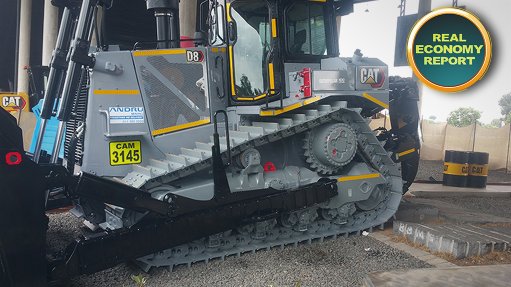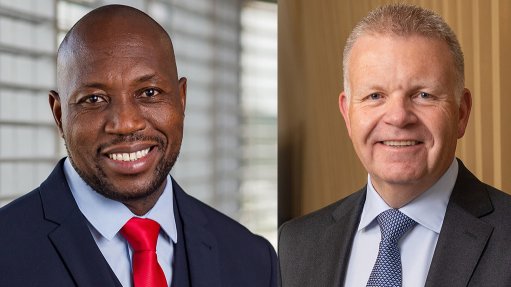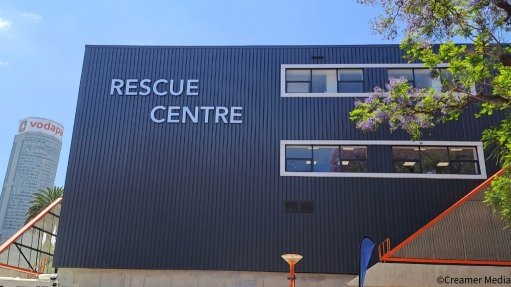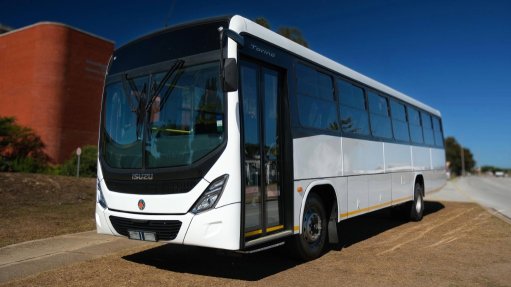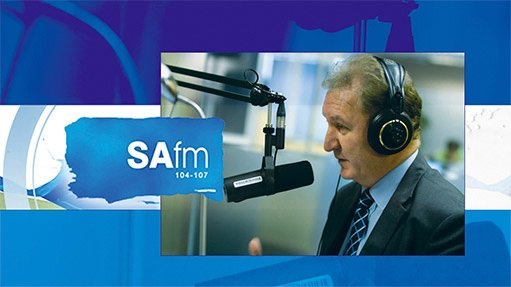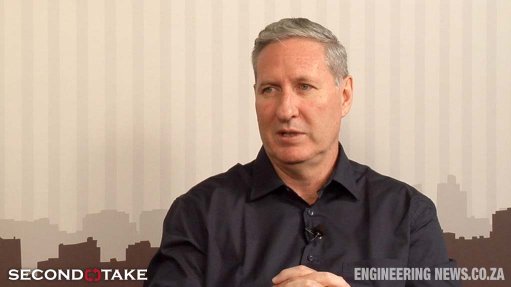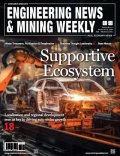Disappearing middle class
The concept of the middle class assumes a steady income from the professions or business that enables one to afford a lifestyle that those on the lower rungs of the totem pole can only dream of. This includes the ability to borrow in order to finance big-ticket purchases such as homes and cars, send children to good schools or tertiary education institutions and have enough disposable savings for luxuries like dining out and vacations.
As the new millennium dawned, there was much hope that Africa’s middle class was poised for rapid expansion, given the strong economic growth in many countries at the time. This, indeed, came to pass. In a report it published in 2011, the African Development Bank (AfDB) estimated that the number of middle-class Africans had surged by 60% from 196-million in 2000 to 313-million – or one-third of the continent’s population – in 2010. The number actually tripled from 1980 to 2010. Besides strong economic growth, the increase resulted from a move towards a salaried job culture and away from traditional agriculture.
Many Africans, however, risk losing this coveted status as inflation wreaks havoc on economies, with countries in sub-Saharan Africa bearing the brunt. According to International Monetary Fund (IMF) projections, overall inflation in sub-Saharan Africa will increase to 12.2% by year-end. The surge, the fund says, will be aided by the lack of an adequately functioning central banking system in many of the region’s countries, which enables unscrupulous elements to engage in currency manipulation to achieve short-term gains.
The situation hasn’t been helped by the advent of Covid-19, which has disrupted global supply chains for the better part of the past two-and-a-half years, as well as Russia’s blockade of Ukrainian seaports since its invasion of the latter and its own inability to export to international markets because of Western sanctions imposed in the wake of the invasion.
South African inflation has already breached the Reserve Bank’s 3% to 6% target band, reaching 6.5% in April. But spare a thought for our brothers and sisters in Sudan, where inflation has reached 245.1%, according to the IMF. Zimbabwe ranks second, with an official inflation rate of about 90%, followed by Ethiopia (34.5%), Angola (23.9%), Sierra Leone (17.3%), Ghana (16.3%), Nigeria (16.1%), South Sudan (16%) and Sao Tome and Principe (14.5%).
The Washington Post ran an article a fortnight ago about how middle-class citizens in several African countries – including our own Mzansi – are struggling to cope in the face of the galloping inflation and the livelihood destruction wrought by the pandemic.
The newspaper cited a Cape Town lawyer who, together with her husband, had worked hard to buy a house and two cars, thus securing a comfortable lifestyle for themselves and their three children. She spoke of her husband not having had a salary increase since the pandemic hit and the earnings from his second job repairing cars on weekends, which once paid for family outings and vacations, now being spent on groceries. What’s more, she now cooks less to conserve electricity and has traded in her vehicle for a smaller, more fuel-efficient model.
The Washington Post’s correspondent in Dakar, Senegal, wrote about an executive assistant in that city who now struggles to afford the cornflakes and juices that her children have come to expect at breakfast every morning. Her parents now help her out at the end of every month.
The two scenarios are replicated in many countries – a sure indication that many are falling out of the middle class and increasingly find themselves in poverty.
There is not much that governments can do, being saddled with debt. “They are limited in what they can do to protect their people from soaring prices,” observes an AfDB economist.
Article Enquiry
Email Article
Save Article
Feedback
To advertise email advertising@creamermedia.co.za or click here
Comments
Announcements
What's On
Subscribe to improve your user experience...
Option 1 (equivalent of R125 a month):
Receive a weekly copy of Creamer Media's Engineering News & Mining Weekly magazine
(print copy for those in South Africa and e-magazine for those outside of South Africa)
Receive daily email newsletters
Access to full search results
Access archive of magazine back copies
Access to Projects in Progress
Access to ONE Research Report of your choice in PDF format
Option 2 (equivalent of R375 a month):
All benefits from Option 1
PLUS
Access to Creamer Media's Research Channel Africa for ALL Research Reports, in PDF format, on various industrial and mining sectors
including Electricity; Water; Energy Transition; Hydrogen; Roads, Rail and Ports; Coal; Gold; Platinum; Battery Metals; etc.
Already a subscriber?
Forgotten your password?
Receive weekly copy of Creamer Media's Engineering News & Mining Weekly magazine (print copy for those in South Africa and e-magazine for those outside of South Africa)
➕
Recieve daily email newsletters
➕
Access to full search results
➕
Access archive of magazine back copies
➕
Access to Projects in Progress
➕
Access to ONE Research Report of your choice in PDF format
RESEARCH CHANNEL AFRICA
R4500 (equivalent of R375 a month)
SUBSCRIBEAll benefits from Option 1
➕
Access to Creamer Media's Research Channel Africa for ALL Research Reports on various industrial and mining sectors, in PDF format, including on:
Electricity
➕
Water
➕
Energy Transition
➕
Hydrogen
➕
Roads, Rail and Ports
➕
Coal
➕
Gold
➕
Platinum
➕
Battery Metals
➕
etc.
Receive all benefits from Option 1 or Option 2 delivered to numerous people at your company
➕
Multiple User names and Passwords for simultaneous log-ins
➕
Intranet integration access to all in your organisation






